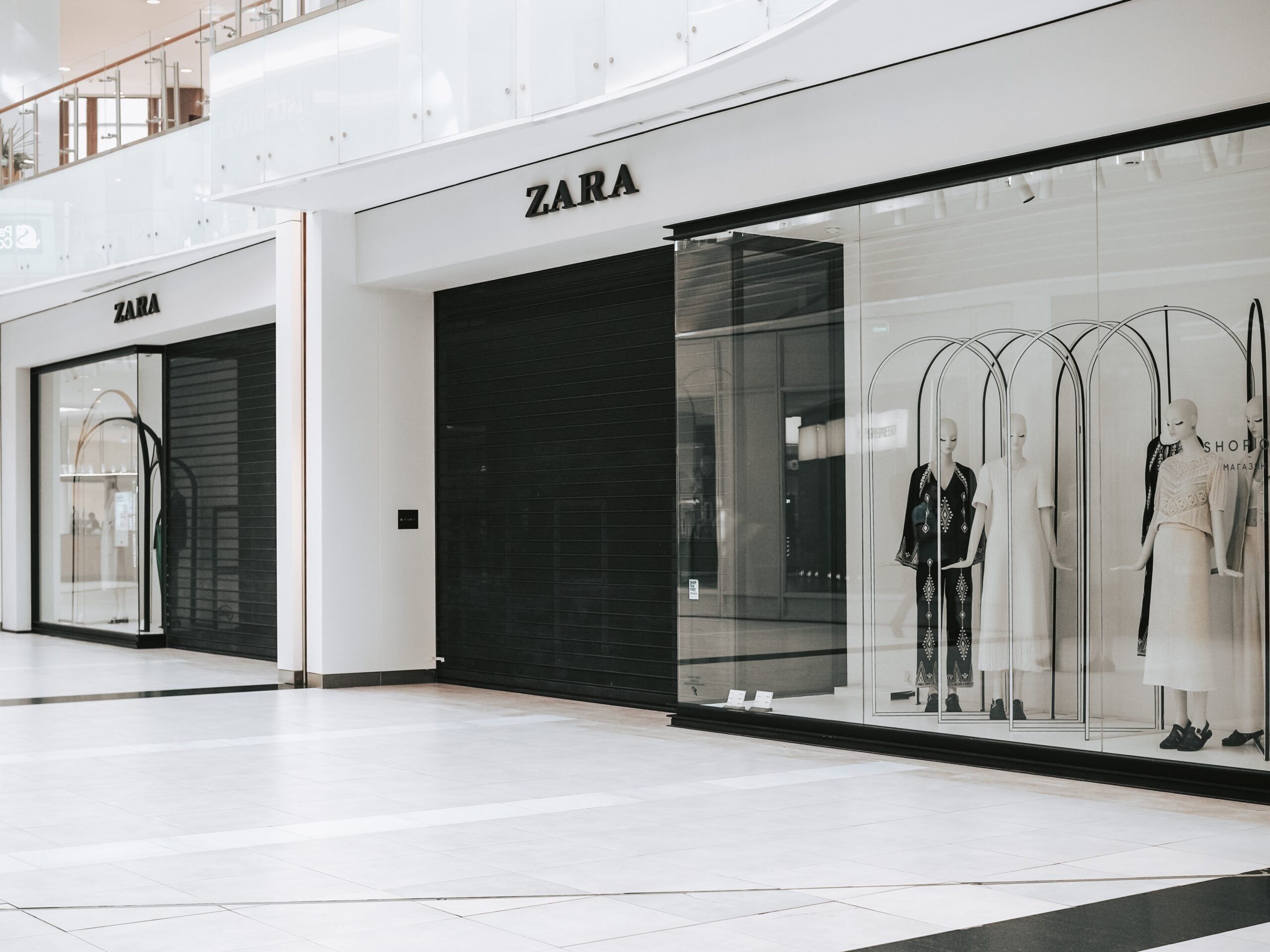
Inditex, the owner of brands including Zara, Bershka and Pull & Bear, attributed stronger sales growth to its “fully integrated model”.
Inditex says it continues to expand its fully integrated model, underpinned by the key strategic pillars of store and online integration, digitalisation and sustainability.
Inditex Q1 results summary
- Inditex Group reported first-quarter (1 February-30 April 2022) revenue growth of 36% to EUR6.74bn (US$7.23bn), underpinned by a sharp recovery in store traffic and a good reception for all seven brands’ new season collections.
- EBITDA registered growth of 55% to EUR1.92bn
- EBIT grew by 82%, to EUR1.03bn.
- Net income increased 80% to EUR760m, while gross margin came in at 60.1%, the highest level in a decade.
Inditex said the period was marked by a significant rebound in traffic to its stores and performance was strong across all geographies except in those markets subject to restrictions.
Óscar García Maceiras, Inditex´s CEO, said this set of earnings is the result of a “well-differentiated model that is delivering strongly. The strength and adaptability of the business model and the excellent performance of our creative, sales and operating teams are driving that differentiation forward, underpinned by a strategic focus on innovation, digitalisation and sustainability”.
Outlook
Inditex notes it continues to see strong growth opportunities and strategic initiatives to strengthen its global fully integrated store and online model are accelerating.
Spring-summer collections are proving popular. Inditex stores saw sales increase by 17% in constant currency between 1 May and 5 June 2022 (13% during the last two weeks of the period).

US Tariffs are shifting - will you react or anticipate?
Don’t let policy changes catch you off guard. Stay proactive with real-time data and expert analysis.
By GlobalDataIt added the group continues to accompany its solid business performance with constant progress on delivery of its sustainability targets, with the ultimate goal of using “cutting-edge” technology to move the textile industry as a whole towards circularity.
In May, Inditex signed a three-year agreement worth over EUR100m with Infinited Fiber Company, under which it has committed to purchase 30% of future production of Infinna, a textile fibre created entirely from textile waste.
The project is a product of the Inditex Sustainability Hub, an open innovation platform created to promote and scale-up innovation in materials, technologies and processes that move forwards towards sustainable solutions.
Analyst reaction
Commenting on the numbers, GlobalData analyst Pippa Stephens says: “Despite Inditex operating from a reduced store portfolio in Q1 FY2022/23 as a result of its store optimisation programme, temporary closures in China due to lockdown restrictions, and suspended operations in Russia and Ukraine in response to the war, the group has continued to exhibit impressive resilience.
“During the period, Inditex experienced year-on-year net sales growth of €1.8bn to €6.7bn, 13.8% above its pre-pandemic revenue in Q1 FY2019/20, as its superior fashion credentials and fast reaction to emerging trends makes it top of mind among consumers. Its strong performance has continued into its Q2, reporting year-on-year revenue growth of 17% in constant currencies between 1 May and 5 June 2022. With its key rival H&M struggling to exceed its pre-pandemic sales, Inditex continues to have the upper hand, since its more fashion-forward ranges have greater appeal, particularly among younger consumers.”
But Stephens warns the move made by Zara to introduce return fees could hamper its bid to boost its online presence.
“Many shoppers will not live close enough to a store to conveniently return their items for free. Furthermore, while introducing this charge will help it increase the profitability of its online operations following the surges in fuel prices, it is likely to create even longer queues in its stores, which already tend to be quite extensive, leading to a less enjoyable shopping experience.”
On its green initiatives, Stephens comments: “It is yet to state what proportion of its products will incorporate this material [Infinna]. Given the vast quantity of garments it produces, it will eventually have to increase the circularity of all its ranges, otherwise it will struggle to drastically improve its consumer perceptions of its sustainability.”



